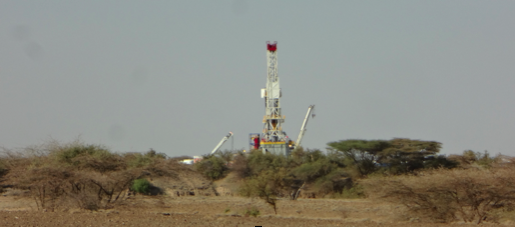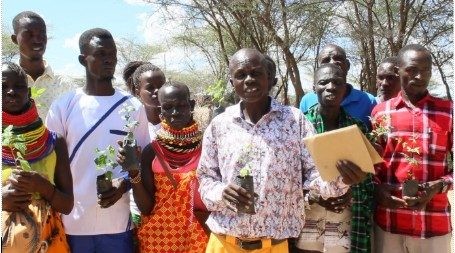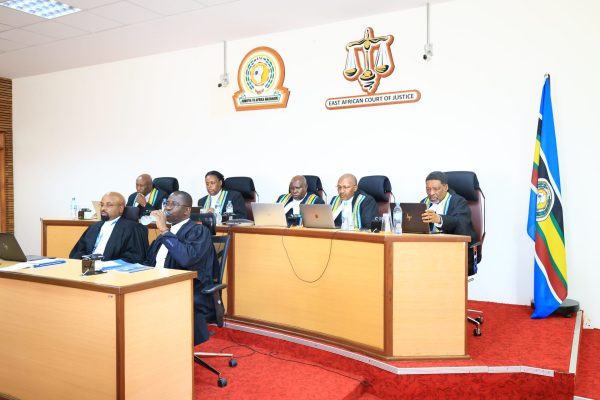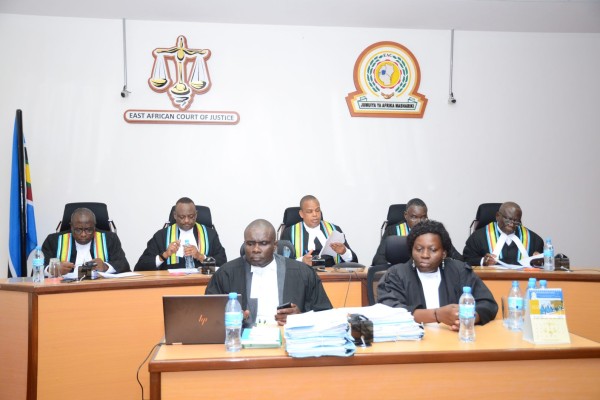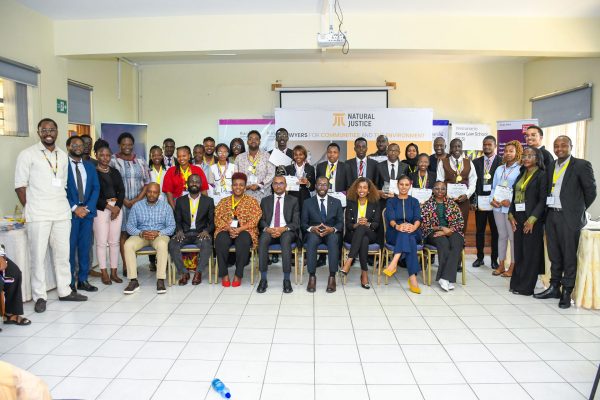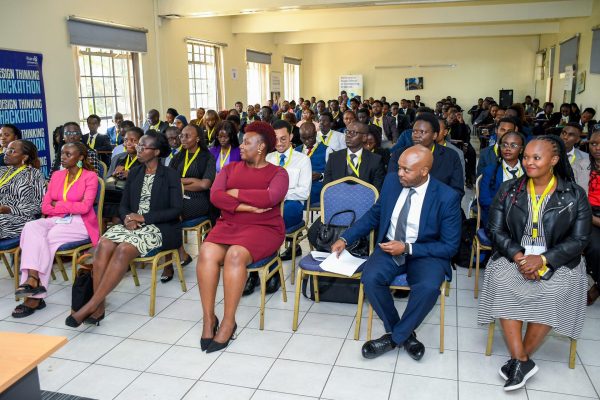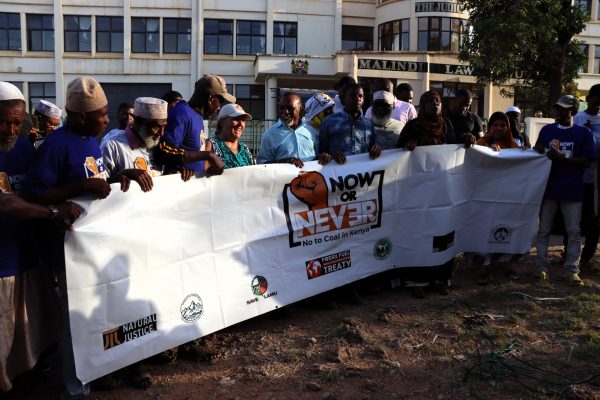Natural Justice’s policy advocacy involvement with Kenya’s Mining Bill continues in 2015, with greater vigor as this law draws closer to its likely enactment this year. On the 26th of February, the Senate heard oral and accepted written submissions by members of the public on the Mining Bill. This Bill already passed in the National Assembly, Kenya’s other legislative house. However, given that the Constitution requires any law affecting the counties to go through the Senate, and outcries last year over the Bill’s legality and the powers granted to the Cabinet Secretary, it merited consideration by the Senate prior to assent by the President.
Together, with five other partner organizations – the Friends of Lake Turkana, the Kenya Civil Society Platform for Oil and Gas (The Platform), the Institute for Business and Human Rights, Oxfam GB Kenya and the Kenya Land Alliance – we collaborated in the preparation and submission process. The process, coordinated by the Platform, focused on three main issues, (a) the institutional framework and discretionary powers of the Cabinet Secretary and other functionaries; (b) community engagement, participation and land; and (c) transparency and accountability.
One highly contentious aspect of the Bill is the fact that the Cabinet Secretary is granted great powers in administering the mining industry in Kenya; however, this has been ably fleshed out in the past. Our submissions noted that there was a need to look at other functionaries created by the Bill such as the Directors of Mines and Geology, for example, and ensure that their conduct is subject to explicit constitutional and lawful limitations expected within a democratic space such as Kenya.
Furthermore, the Kenya Land Alliance submitted a comprehensive background on how the land question in Kenya was intimately tied to the policy direction the country was headed to mining-wise, and the need to align the two. Natural Justice and the Friends of Lake Turkana strongly emphasized the need to consider a holistic approach to passing laws affecting communities without taking into full account other proposed bills governing community land and benefit sharing, also likely to pass this year. The Platform’s oral submissions focused on the need to boost transparency and accountability within the Bill, failure to which would result in a law incompatible with the Constitution and create spaces for corruption in this nascent, yet highly lucrative industry.
Natural Justice shall continue, together with our partners, monitor, track and participate being a voice of reason, ensuring that the law and policy direction Kenya is alignable with best practices and takes the community’s interests into full account.


